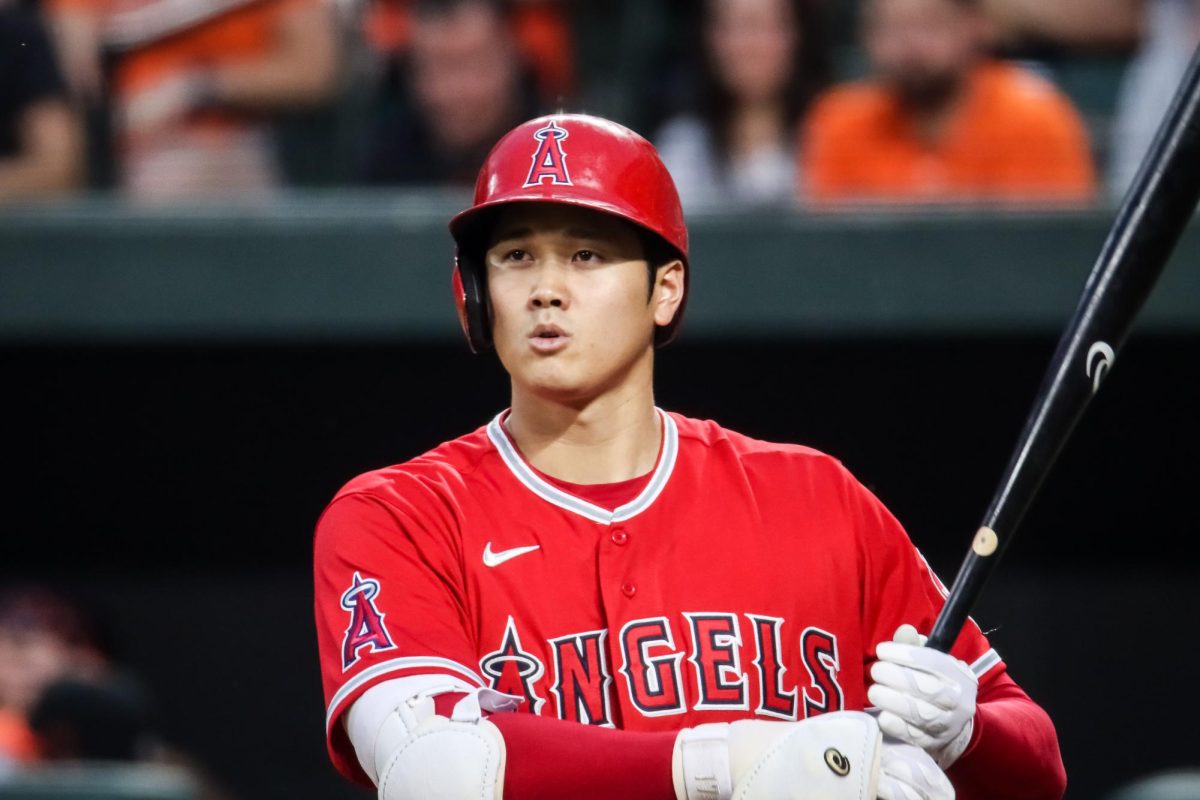$700 million. 10 years.
Shohei Ohtani just signed the richest contract in the history of North American sports; he’s set to be paid $70 million a year for 10 years to pitch and play designated hitter for the Los Angeles Dodgers.
Well, according to the Athletic, that’s not quite true. While his contract “only” runs through 2033, he will keep getting paid until 2043. In fact, during the actual duration of his contract, he will “only” be making $2 million a year. For the 10 years after, though? $68 million a year.
For those of you unfamiliar with the workings of Major League Baseball’s player payment rules, let me to explain.
The MLB has a Competitive Balance Tax (or luxury tax): teams are allowed to spend however much money they want on their roster, but every dollar spent beyond $237 million gets taxed by the league, at a rate anywhere from 20% to 110%.
Most teams, though, never come close to that number: only four teams were taxed last year, and only eight teams broke the $200 million mark, according to USA Today. Hell, eight teams didn’t even spend $100 million on their teams.
A player’s yearly salary is what determines how much they count against the luxury tax, but if they defer money, like Ohtani did, then their tax impact is reduced because of… inflation, essentially, according to SB Nation.
According to the Athletic, Ohtani’s $68 million per-year in deferrals will result in the Dodgers only paying $46 million a year against the luxury tax.
Of all of the people in pro sports to get a $700 million contract, I’m not angry that it’s Shohei. He seems like a nice enough person. All that doesn’t even mention that he’s the first player in nearly a century to pitch AND hit at an elite level.
But come on, there is absolutely no way that contract should be counting as anything but $70 million against the luxury tax.
Think about it. The Dodgers have more than enough money to spend whatever they want on their roster, but they don’t because after three straight years of exceeding the tax limit, fines can get pretty hefty. That means the $70 million a year isn’t what matters to them, especially when they’re only paying $2 million of it for as long as Ohtani is on the team. The $46 million is what they care about.
With $24-odd million extra money against the cap every year, the Dodgers can do a lot. They could sign an Aaron Nola or a Kevin Gausman, both of whom are top 20 pitchers in the MLB and making $24 million a year.
That simple deferral created a huge advantage: they in effect have can afford another Cy-Young (pitcher of the year award) caliber pitcher, despite what they’re paying Ohtani.
Small market teams can’t do that, because when they defer, they are more worried about affording the contract than staying under the luxury tax they won’t even breathe on.
The MLB needs to stop allowing this deferral discount. It creates a clear competitive advantage for large market teams and in effect allowing them to pay an extra player (or several) without being penalized.
So while Ohtani’s contract is impressive, it must serve as the catalyst for a change in how the MLB calculates luxury tax impacts, because otherwise the league may lose all sense of parity.




